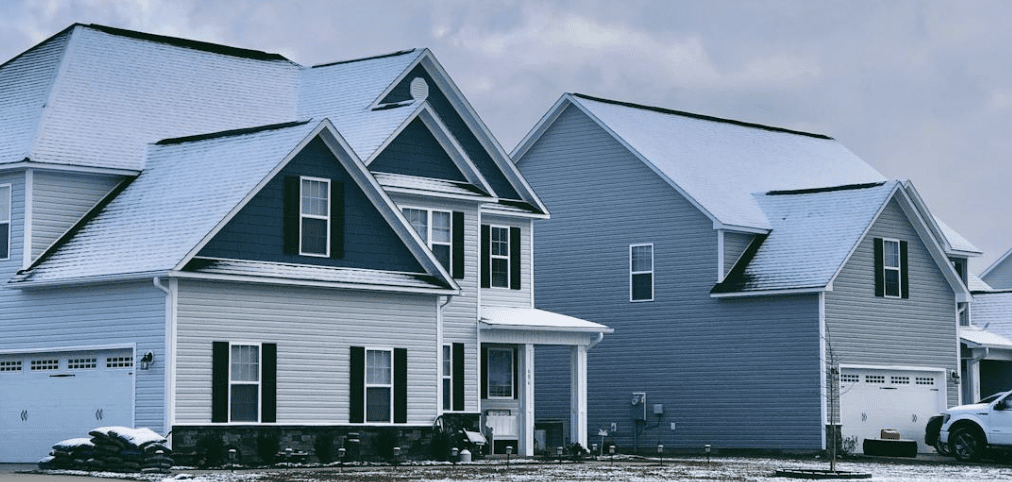What You Need to Know Before Buying a Second Home
What You Need to Know Before Buying a Second Home
Blog Article
What You Need to Know Before Buying a Second Home
Investing in a next house has become a popular economic and lifestyle selection for many. Whether you're contemplating a vacation getaway or perhaps a can you own a house and rent another, getting an additional home comes with its own set of problems and considerations. Under, we break up crucial factors to weigh before causeing the significant investment.

1. Realize the Financial Commitment
Owning a next home indicates increasing through to costs such as for instance mortgage obligations, house taxes, maintenance, and insurance. Based on the National Association of Realtors, 72% of second-home customers financing their buy with a mortgage. This means you'll have to budget for another group of constant costs. Additionally, lenders often require greater down funds (commonly 20-30%) and demand larger interest charges for 2nd mortgages to mitigate risk.
You should also element in hidden costs like preservation and repairs, which could normal 1-4% of the property's price annually, with regards to the area and age of the home. If your second house is situated in a high-demand vacation area, choosing house management solutions can further improve fees but additionally simplify letting out your property.
2. Think about the Area Strategically
The positioning of the second home may considerably effect its long-term value and utility. Essential factors to consider contain local property market developments and property appreciation rates. Zillow Study reveals that properties in coastal areas often enjoy by typically 4.1% annually, higher than the national growth of 3.8%. However, periodic changes, closeness to amenities, and supply will also perform important roles in your decision.
If you're buying the house as a holiday home, examine how usually you'll actually visit, especially if vacation could become inconvenient or costly. Meanwhile, if you're investing in a rental property, research vacancy rates and rental need in the area. As an example, Airbnb data shows that attributes in urban locations have lower vacancy rates than rural vacation rentals.
3. Tax Implications Can't Be Dismissed
Buying another home presents more complex tax scenarios. A second home classified as your own home indicates you are able to however withhold mortgage curiosity and house taxes within IRS-defined limits. But, leasing it out for a lot more than 14 times annually shifts it into an investment home, requiring you to pay for fees on hire revenue while letting functional charge write-offs. Visiting a tax advisor to make sure maximum filing is a must when you shut the deal.
4. Arrange for the Long-Term

While buying a second home presents you opportunities for hire money and personal pleasure, consider its broader function in aiming together with your economic goals. Analyze if it would have been a sustainable decision over time. Could it be a retirement retire? An income-generating home? Or both? Having clarity on these objectives may enable you to produce informed decisions regarding its utilization and profitability.
By carefully evaluating your financial position, industry tendencies, and long-term needs, you are able to mitigate risks and maximize the advantages of owning a second home. Take some time to research, consult professionals, and ensure you create a really sound investment. Report this page